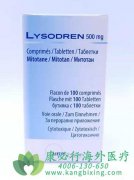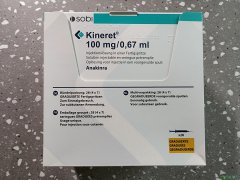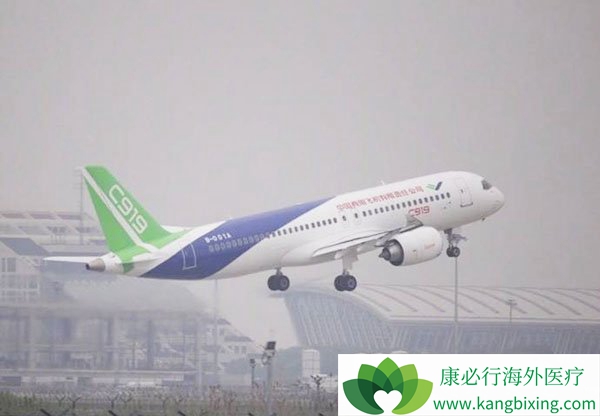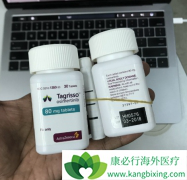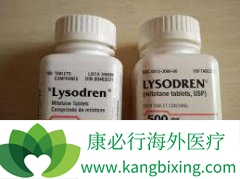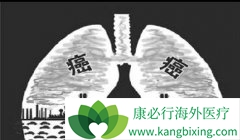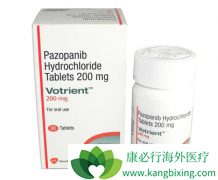Cabozantinib抑制酪氨酸激酶,包括血管内皮生长因子受体1、2、3、MET和AXL,它们与肝细胞癌的进展以及对索拉非尼的耐药性的发展有关,这是晚期疾病的标准初始治疗。这个随机的,双盲的,第3阶段的试验评估了与安慰剂相比,cabozantinib在先前治疗的晚期肝细胞癌患者中的作用。
Cabozantinib inhibits tyrosine kinases, including vascular endothelial growth factor receptors 1, 2, and 3, MET, and AXL, which are implicated in the progression of hepatocellular carcinoma and the development of resistance to sorafenib, the standard initial treatment for advanced disease. This randomized, double-blind, phase 3 trial evaluated cabozantinib as compared with placebo in previously treated patients with advanced hepatocellular carcinoma.
方法
共有707名患者按2:1的比例被随机分配到接受Cabozantinib (每天60毫克)或匹配安慰剂组。符合条件的患者曾接受过索拉非尼的治疗,在至少一次肝细胞癌的全身治疗后出现疾病进展,可能接受过两种以上的晚期肝细胞癌的全身方案。最主要的终点是整体生存。次要终点为无进展生存率和客观反应率。
A total of 707 patients were randomly assigned in a 2:1 ratio to receive cabozantinib (60 mg once daily) or matching placebo. Eligible patients had received previous treatment with sorafenib, had disease progression after at least one systemic treatment for hepatocellular carcinoma, and may have received up to two previous systemic regimens for advanced hepatocellular carcinoma. The primary end point was overall survival. Secondary end points were progression-free survival and the objective response rate.
结果
在第二次计划的中期分析中,试验显示,与安慰剂相比,Cabozantinib的总体生存率明显更长。cabozantinib组平均总生存期为10.2个月,安慰剂组为8.0个月。cabozantinib组无进展生存期中位数为5.2个月,安慰剂组为1.9个月,客观应答率分别为4%和不足1% (P = 0.009)。cabozantinib组68%的患者出现3级或4级不良事件,安慰剂组36%。最常见的高等级事件是掌跖红血球感觉异常(17%用Cabozantinib,0%用安慰剂),高血压(16%比2%),天冬氨酸氨基转移酶水平升高(12%比7%),疲劳(10%比4%)和腹泻(10%比2%)。
At the second planned interim analysis, the trial showed significantly longer overall survival with cabozantinib than with placebo. Median overall survival was 10.2 months with cabozantinib and 8.0 months with placebo (hazard ratio for death, 0.76; 95% confidence interval [CI], 0.63 to 0.92; P=0.005). Median progression-free survival was 5.2 months with cabozantinib and 1.9 months with placebo (hazard ratio for disease progression or death, 0.44; 95% CI, 0.36 to 0.52; P<0.001), and the objective response rates were 4% and less than 1%, respectively (P=0.009). Grade 3 or 4 adverse events occurred in 68% of patients in the cabozantinib group and in 36% in the placebo group. The most common high-grade events were palmar–plantar erythrodysesthesia (17% with cabozantinib vs. 0% with placebo), hypertension (16% vs. 2%), increased aspartate aminotransferase level (12% vs. 7%), fatigue (10% vs. 4%), and diarrhea (10% vs. 2%).
结论
在以前治疗过的晚期肝细胞癌患者中,与安慰剂相比,Cabozantinib的治疗能延长患者的整体生存率和无进展生存率。Cabozantinib组的高危险事件发生率大约是安慰剂组的两倍。
Among patients with previously treated advanced hepatocellular carcinoma, treatment with cabozantinib resulted in longer overall survival and progression-free survival than placebo. The rate of high-grade adverse events in the cabozantinib group was approximately twice that observed in the placebo group. (Funded by Exelixis; CELESTIAL ClinicalTrials.gov number, NCT01908426.)
更多详情请访问 卡博替尼 https://www.kangbixing.com



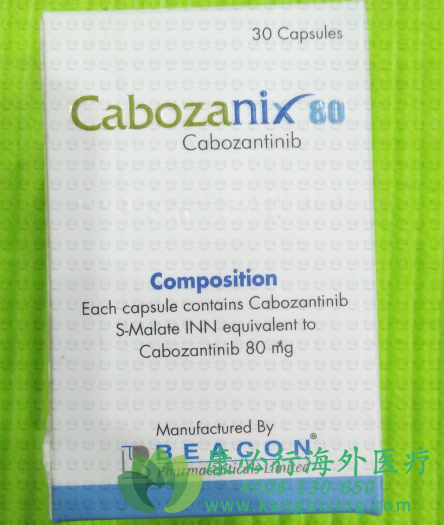
 添加康必行顾问,想问就问
添加康必行顾问,想问就问


